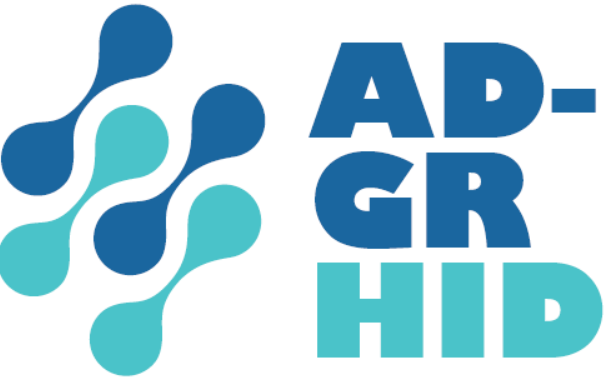
The Ad-Grhid project is designed to increase the flexibility and resilience of distribution networks through advanced technology: renewable energy AC/DC hybrid microgrids, solid-oxide electrolysis, fuel cell and recyclable and sealed hydrogen storage.
The Ad-Grhid project will implement solutions based on Advanced Grids and green hydrogen with the main objective of achieving net production of electrical energy. Its development takes place in Villanueva de Córdoba and is led by the company Magtel. This project has the collaboration of various research organizations such as the University of Córdoba, Loyola University, AICIA, AIMPLAS and IREC. It is also a project in which Ingelectus participates in a consortium together with Eléctrica Villanueva de Córdoba, H2B2, Nasika, Premo, Protio Power and Tequinson Servicios.
The execution period extends from October 1, 2022 to June 30, 2025.
FUNCTIONALITY AND OBJECTIVES
Improve the energy density of storage.
Reduce the capital cost of solid oxide electrolyzers.
Increase energy efficiency in the consumption and production of electrical energy in distribution networks.
Promote the quality and continuity of supply through the operation of flexible services offered by microgrids to distribution networks using renewable energy.
Within Ingelectus’ scope of action, this project is important because it pursues the development of smart networks operated with microgrids based on renewable generation from the distribution and production and storage of hydrogen.
INGELECTUS TASK
Specifically, Ingelectus will work on the project to develop an ADMS (Advanced Distribution Management System) for hierarchical and decentralized electrical distribution networks based on microgrids, covering both medium and low voltage. This ADMS prototype will consider all the new control possibilities available in the distribution network and, predicting the behavior of the network, will be responsible for optimizing its operation and monitoring the correct execution of the applied control strategies.
MAIN CHALLENGES
The challenges associated with this tool are, on the one hand, the increasing complexity of the operation tasks of distribution networks with bidirectional power flows, congestion and voltage deviations caused by new assets (Electric Vehicle and Distributed Generation). On the other hand, one of the great challenges is to resolve the exploitation of the current sensorization of distribution networks and its problems of temporal and spatial synchronization. In addition, the project must complete the definition of a hierarchical control structure between medium and low voltage, automated and that allows the possibility of operating in decoupled islands and interacting efficiently with the EMS of the microgrids connected to each voltage level.
FINANCING
The Center for Technological Development and Innovation (CDTI), dependent on the Ministry of Science and Innovation, is the organization that has awarded the Ad-Grhid project, within Mission 1: “Strengthen technological capabilities for safe and sustainable energy autonomy (fusion, hydrogen and renewables)”, within the framework of the “Missions 2022” call.
This initiative covers an important part of the hydrogen value chain, whose objective is to research and develop new products and systems. The project has achieved the granting of an incentive of 3.3 million euros out of a total budget of 4.8. The origin of the financing lies in the Recovery and Resilience Mechanism, dependent on the European funds “Next Generation EU”.




